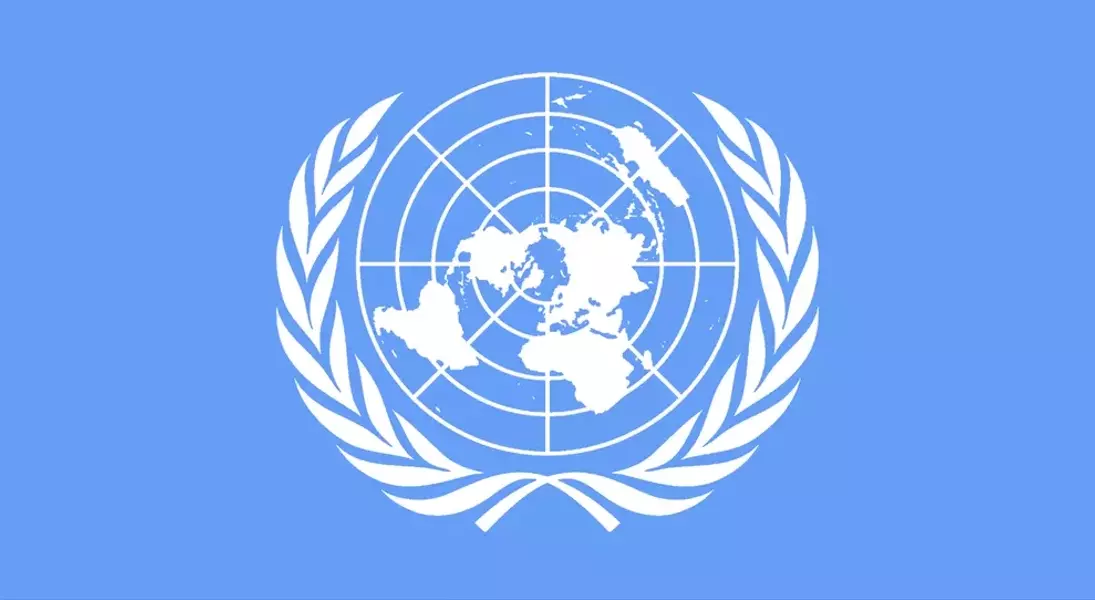Unlocking the Future: AI's Transformative Potential for HumanityEditor's note: This week in New York City, leaders from around the world are gathering for the 79th United Nations General Assembly (UNGA) — including the first ever "Summit of the Future" — where Google CEO Sundar Pichai delivered a keynote address today.
Harnessing AI to Accelerate Progress and Empower the World
Expanding Opportunity through Technology
Sundar Pichai's personal journey exemplifies the transformative power of technology. Growing up in Chennai, India, he witnessed firsthand how new technologies like rotary phones and refrigerators improved his family's quality of life. The computer, however, was the game-changer that inspired Pichai to pursue a career in technology, ultimately leading him to Google two decades ago.At Google, Pichai has been driven by the company's mission to "organize the world's information and make it universally accessible and useful." This mission has had a profound impact, democratizing access to information through platforms like Google Search, Chrome, and Android, which have connected over a billion people worldwide.The AI Opportunity
Now, Pichai believes that AI is the most transformative technology yet, with the potential to deliver on Google's mission and improve people's lives in unprecedented ways. He highlighted four key areas where AI can make a significant difference:1. Enabling access to information and knowledge in people's native languages: Through AI-powered translation, Google Translate has added 110 new languages in the past year, reaching a total of 246 languages spoken by half a billion people globally.2. Accelerating scientific discovery: The AlphaFold breakthrough, which can predict the 3D structure of proteins, has been accessed by over 2 million researchers from 190 countries, including 30% from the developing world. This technology is being used to advance research in areas like crop disease resistance, malaria vaccine development, and cancer treatments.3. Providing early warnings for climate-related disasters: Google's Flood Hub system uses AI to provide early flood warnings up to 7 days in advance, helping protect over 460 million people in more than 80 countries. The company's FireSat technology also uses satellite imagery and AI to detect and track wildfires in near real-time, enabling faster emergency response.4. Driving economic progress: Studies show that AI could boost global labor productivity by 1.4 percentage points and increase global GDP by 7% within the next decade. Pichai cited the example of the Ethiopian freight startup Gary Logistics, which is using AI to improve operations and logistics, creating more work opportunities for freelance drivers.Addressing the Risks of AI
Pichai acknowledged that with any emerging technology, AI also presents limitations and risks, such as issues with accuracy, factuality, and bias, as well as the potential for misapplication and misuse, including the creation of deepfakes. To address these concerns, Google is guided by its AI Principles and collaborates with industry, academia, the UN, and governments on initiatives like the Frontier Model Forum, the OECD, and the G7 Hiroshima Process.Preventing an AI Divide
Pichai's primary concern, however, is the risk of an "AI divide" – a scenario where the benefits of AI are not equally accessible to all. Drawing from his own experience of growing up with limited access to technology, Pichai emphasized the importance of ensuring that the digital divide does not become an AI divide.To address this challenge, Pichai outlined three key areas of focus:1. Digital infrastructure: Google has made significant investments in global fiber optic cable networks and cloud computing infrastructure to provide digital services and access to AI capabilities.2. Investing in people: Through initiatives like Grow with Google and the new Global AI Opportunity Fund, the company is providing digital skills training and AI education to communities around the world, with a focus on underrepresented groups.3. Enabling policy environment: Pichai called for government policymaking that supports investments in infrastructure, people, and innovation, as well as development strategies and frameworks like the Global Digital Compact that prioritize the adoption of AI solutions. He also emphasized the need for smart product regulation that mitigates harms and resists national protectionist impulses that could widen an AI divide.In conclusion, Pichai's keynote address at the UN Summit of the Future underscored the transformative potential of AI and the critical importance of ensuring that its benefits are accessible to all. By partnering with governments, the private sector, and civil society, Google is committed to driving responsible AI deployment and unlocking the full potential of this technology to improve lives and accelerate progress towards the UN's Sustainable Development Goals.
